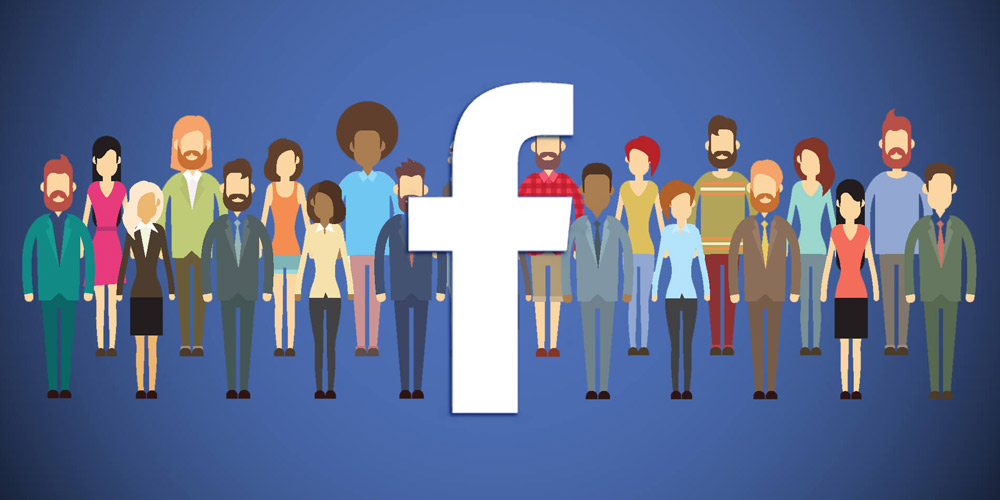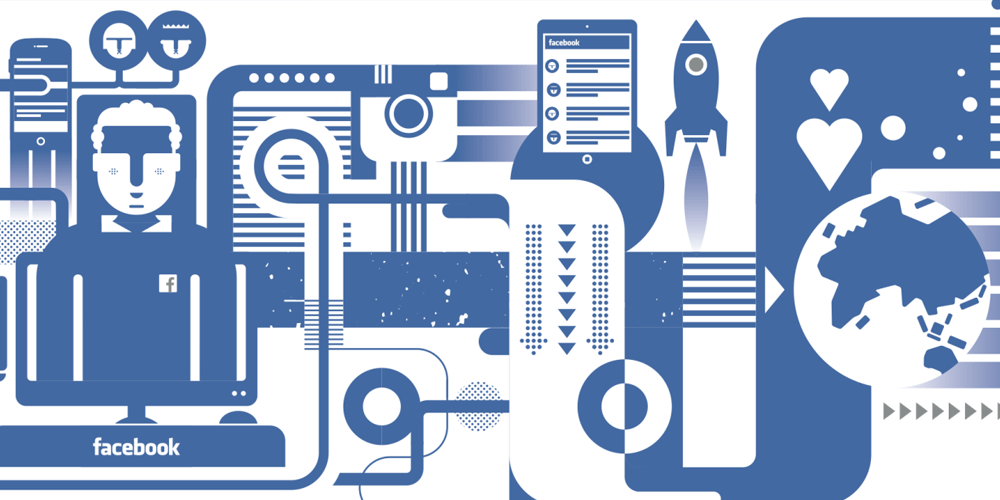The social giant Facebook has grown so large, and too large for even itself to manage. Facebook is at the center of the internet where most digital social activity happens, exposing itself to a lot of advantages and disadvantages.
According to a research, the danger of too much social media is present.
If you use Facebook without contributing, like if you scroll down the endless News Feed without Liking or commenting on others' posts, this will make you feel bad about yourself, that according to Facebook.
Citing both internal and academic research, the company said "in general, when people spend a lot of time passively consuming information - reading but not interacting with people - they report feeling worse afterward." On the other hand, actively communicating with friends "is linked to improvements in well-being," the company said.
According to Facebook’s director of research, David Ginsberg, and Moira Burke, a research scientist at the company, people are questioning the effects of social media on the society. Many former employees were also regretting about how the product (Facebook) has become.
Read: Social Media Networks Are Ripping The Society Apart

The bad news, said Facebook in its blog post:
"Though the causes aren’t clear, researchers hypothesize that reading about others online might lead to negative social comparison — and perhaps even more so than offline, since people’s posts are often more curated and flattering. Another theory is that the internet takes people away from social engagement in person."
And the good news:
"A study we conducted with Robert Kraut at Carnegie Mellon University found that people who sent or received more messages, comments and Timeline posts reported improvements in social support, depression and loneliness. The positive effects were even stronger when people talked with their close friends online. Simply broadcasting status updates wasn’t enough; people had to interact one-on-one with others in their network. Other peer-reviewed longitudinal research and experiments have found similar positive benefits between well-being and active engagement on Facebook."

As Facebook becomes more influential on the web, it has acknowledge that the platform does invite many criticisms, including that it can make users feel worse about themselves by inviting negative comparisons of others' lives with their own.
However, the correlation can also be different. Like for example, it may be possible that happier users interact with others more often, and those that are depressed will interact much less while browsing the News Feed.
But here is the remark: Facebook concludes that the solution is not to use Facebook less, but to use it more, but differently.
"In sum, our research and other academic literature suggests that it’s about how you use social media that matters when it comes to your well-being," the researchers said.
With a mission to "give people the power to build community and bring the world closer together," what people need to know is that Facebook is a company that lives with ads. And for obviously, ads thrive when many people see and interact with them. So again, Facebook will definitely defend itself.
But in the good ways, Facebook did succeed in putting the world closer.